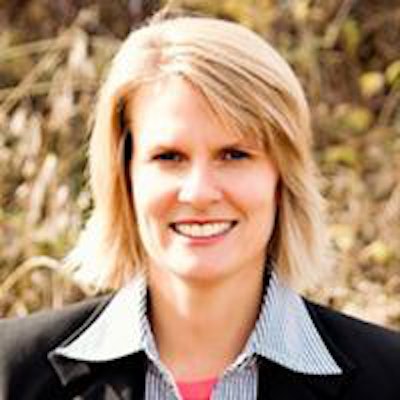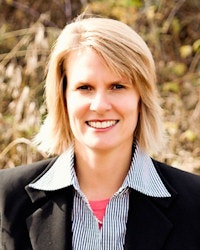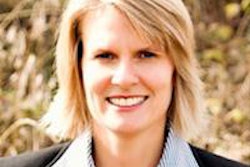
In the first part of her series on growing a practice, Lisa Knowles, DDS, wrote about doing the necessary weeding to clear the ground for growth. In this column on feeding, she offers practical ideas for prepping the soil and observing your employees.
 Lisa Knowles, DDS.
Lisa Knowles, DDS.Two necessities help things grow: fertile ground and good seeds.
Like it or not, the leadership in the dental office is responsible for both. The dentist (and the office manager) must create fertile ground to ensure growth. They must also find good seeds -- good employees -- to plant into the rich soil. One without the other equates to frustration for the entire office, and, of course, lower yields.
Want to have both? Successful dental leaders follow five habits that you should consider. I'll discuss the first two here and the other three in the next column.
1. Prepping the soil
The first step is prepping the soil is to create a well-defined job description before hiring someone. Why? Because this forces you to think about what type of tasks are in need of attention. Do you want someone who can assist and offer support with front office tasks? Do you want someone who has sales experience or technological skills? Asking these questions first forces the visualization process and forces you to slow down and really think about what you want and need in this new team member.
Then, establish interview criteria and a questionnaire. Why? Because this keeps things objective. It's easy to fall in love with the "perfect" personality when hiring someone. A checklist with defined skill sets and questions for each person keeps the process evenly paced and on track.
You have a better chance of comparing apples to apples rather than spending too long on one story about a shared interest. I once hired a dental assistant on the spot because she had a great resume, references, and a magnetic personality. Sadly, her hand skills were subpar, and I had to let her go in the end. I jumped ahead and skipped the working interview stage because I liked her so much. I did not remain objective, and the whole team suffered as a result of my "gut feeling."
“Communicating to the team about how things are evolving helps team members stay calm.”
As the process continues, keep the team informed. The team gets nervous when a new member joins the group. Some show their nervousness by getting territorial, some avoid the process, while others talk nonstop about what could or should happen.
Communicating to the team about how things are evolving helps team members stay calm. Ask for their input and give biweekly updates about the process. If a change in team members occurs abruptly when someone quits or is fired quickly, hold one or two team meetings to answer questions and discuss what happened. A lack of information in these situations damages the team and creates stress due to a loss of control in perceived job security.
Then, discuss expectations for the new hire's arrival. Meet with all team members and set up a new arrival plan. Make sure each team member greets and meets the new person at some point in the first week. Use a sign-up sheet if necessary to ensure a personal welcome occurs. Review the reasons why a new person is being hired, and remind everyone about team communication, teamwork expectations, and what to do if there is an issue with the new hire. Discuss the training schedule and stick to the training period.
2. Observe the employee
Employees are like seeds being planted into the ground. They will need certain things to emerge from the weight of the soil being placed on top of them at first. This is true for a new employee or an existing employee learning a new task or embracing a new dentist/office manager. Careful observation of the individual's needs and preferences will help yuou learn about his or her stress points and abilities.
Wonderful personality tests are available on the market to help teams understand each other's needs. Provide an opportunity to take one of these tests, either in the interview process or once hired; you will not regret having the information obtained from these tests.
In her next column in the series, Dr. Knowles will discuss making adjustments, obtaining feedback, and being as "organic" as possible.
Lisa Knowles, DDS, is the founder and CEO of IntentionalDental Consulting. For more information, contact her at [email protected] or 517-331-3688. Visit her blog site at Beyond32Teeth.com or website at IntentionalDental.com.
The comments and observations expressed herein do not necessarily reflect the opinions of DrBicuspid.com, nor should they be construed as an endorsement or admonishment of any particular idea, vendor, or organization.


















